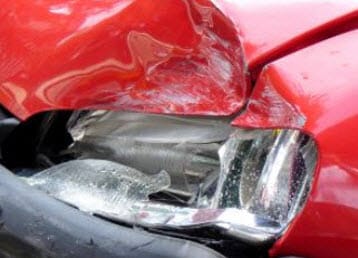
No driver wants to think about getting into an accident, but it's vital to know what steps to take immediately following a collision. This is especially true if one needs to make an insurance claim. Read on to find out what actions you should take after an accident has occurred.
Stay Calm & Check for Injury
Panicking will only make the situation worse, so try and stay calm. Check yourself for injury, then see if the other driver is okay as well, making sure to check that it's safe to exit your car first. You'll also need to stay calm and clearheaded in order to gather all of the information you need from the other driver, which takes us to step two.
Gathering Information
Call the police and make sure you file a police report, whether onsite if an officer is able to show up, or online with the MVD if an officer will take too long to arrive, which is sometimes the case if no injuries are reported on the call. When communicating with the other driver involved in the accident don't place blame or admit guilt. Simply gather contact and insurance information: the other driver's name, number, insurance company, policy number, license plate number, and vehicle year, make and model. Also try to get contact information from eyewitnesses.
Photos & Other Documentation of Vehicle Damage
Take photos of both cars and make sure to take photos of the scene, as well. Write down or voice/video record the damages and what you remember happening. Take note of any pain you may feel, too.
Contacting Insurance Companies
Even if the accident is determined to be the other driver's fault, you should still contact your insurance company to let them know about the accident. You may also need to contact them about rental reimbursement or, later, to make a claim if the other driver doesn't have insurance or doesn't have enough coverage to pay for your car damage and/or medical expenses.
Injury Symptoms That Occur Later
At the scene of the accident, an adrenaline and endorphin surge may have veiled symptoms of injury. It's not uncommon for symptoms to show up later, so make sure you pay attention to any physical, mental or emotional changes that you experience following the event. From whiplash and PTSD to concussions, back injuries and traumatic brain injury, a number of issues are known to exhibit themselves days after a car accident has taken place.